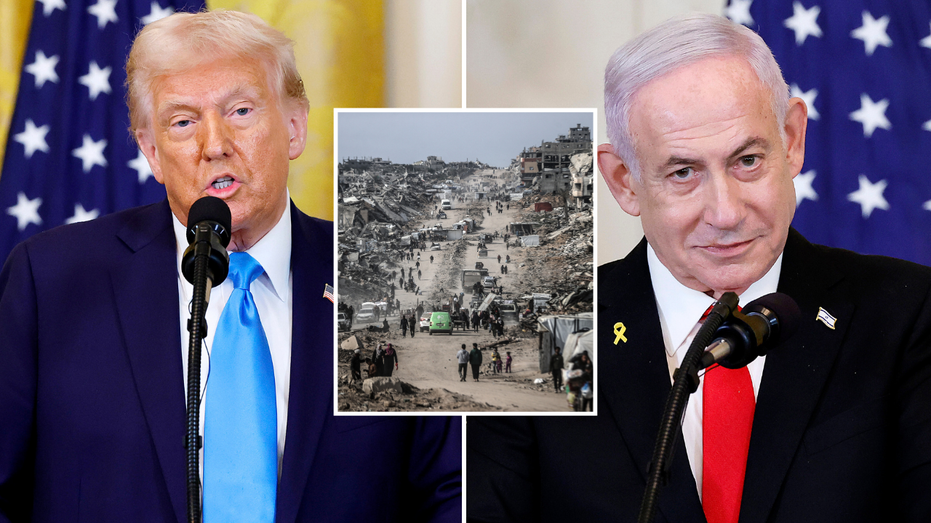Trump Administration Imposes New Sanctions on Four ICC Judges to Protect US and Israeli Sovereignty
U.S. sanctions target ICC judges from Uganda, Peru, Benin, and Slovenia over cases involving Israel.

The United States government announced a new round of sanctions targeting four judges at the International Criminal Court (ICC) on Thursday, sharply escalating tensions over the court’s investigation into alleged war crimes involving Israeli officials. Secretary of State Marco Rubio identified the sanctioned officials as Solomy Balungi Bossa of Uganda, Luz del Carmen Ibáñez Carranza of Peru, Reine Adelaide Sophie Alapini Gansou of Benin, and Beti Hohler of Slovenia.
In a statement, Rubio emphasized that these judges “directly engaged in efforts by the International Criminal Court (ICC) to investigate, arrest, detain, or prosecute nationals of the United States or Israel, without consent from the United States or Israel.” He described the ICC’s actions as “illegitimate and baseless,” highlighting the administration’s stance that such investigations lack jurisdiction over the U.S. and its allies.
These sanctions follow President Trump’s executive order issued on February 6, which authorized punitive measures in response to the ICC’s issuance of arrest warrants for Israeli Prime Minister Benjamin Netanyahu and former Defense Minister Yoav Gallant. The warrants, announced in May 2024, allege that both men are responsible for war crimes and crimes against humanity amid Israel’s recent military operations against Hamas.
“The ICC is politicized and falsely claims unfettered discretion to investigate, charge, and prosecute nationals of the United States and our allies,” Rubio said. He asserted that this move by the Hague-based court represented a “dangerous assertion and abuse of power”, threatening the sovereignty and national security of both the U.S. and Israel.
Rubio warned that the United States would take “whatever actions we deem necessary” to shield its citizens and those of its close allies from what he called “illegitimate actions by the ICC.” He also urged member states of the ICC — “many of whose freedom was purchased at the price of great American sacrifices” — to push back against what he described as the court’s “disgraceful attack” on the U.S. and Israel.
The ICC prosecutes cases only when national judicial systems are unwilling or unable to act, and Israel, notably, is not a signatory to the Rome Statute that established the court. Despite issuing high-profile arrest warrants, the ICC lacks its own enforcement mechanism, relying instead on the cooperation of member states to detain suspects.
Thursday’s announcement is likely to intensify debates about the limits of international justice and the authority of the ICC, as well as heighten diplomatic rifts between the United States, Israel, and many of the court’s supporters worldwide.




